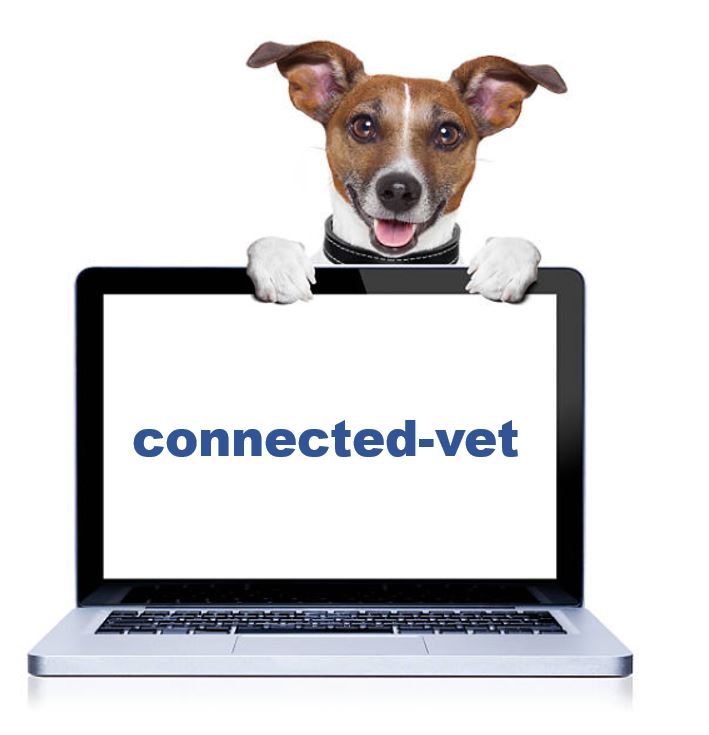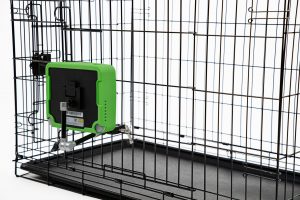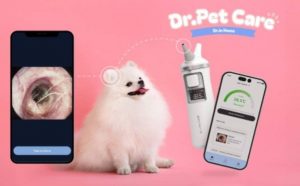We’re all about keeping our beloved pets healthy. And the earlier you can spot a problem with your furry friend’s health, the better. That’s why we’re leveraging the power of artificial intelligence (AI) to prevent – and even predict – illnesses in pets and develop individualized care plans and nutrition. Here are three ways we’re using AI to give pets the care they deserve:
More reliable cancer grading in pets
One in four dogs and one in five cats will develop cancer during their lifetime, so moving quickly from diagnosis to the best treatment plan is critical. Our Antech™ team receives around 700 biopsies for diagnoses every day, and manually counting mitotic figures — a measure of how fast cancer cells are dividing — is time consuming and open to subjectivity. By leveraging PyTorch, open source machine learning framework, the Next Generation Technologies team built a groundbreaking algorithm that identifies miotic figures, enabling more efficient and reliable cancer grading in pets. This saves pathologists time so they can focus on the right treatment for pets. Find out more in this video.
Predicting cats’ and dogs’ kidney disease risk
Chronic kidney disease (CKD) in cats is serious. It can cause irreversible kidney damage, which is very difficult to treat. Catching it early is key, and until recently, veterinarians could only diagnose this disease once almost 70% of the kidney function was damaged. In collaboration with Process Integration and Predictive Analytics (PIPA) and the Royal Veterinary College, our Antech Diagnostics colleagues developed an AI-driven diagnostic test that can accurately predict a cat’s chances of developing CKD up to two years before any clinical signs. So far, more than 200,000 cats have been found to be at risk of developing this condition. What’s more, this test has had an impact on the health of all cats, not just those at risk, as data shows cat owners are bringing their cat to the vet more often for preventive checkups, no matter their cat’s test result.
CKD is also common in dogs, but they live shorter lives than cats with CKD, which is why early detection is vital. Our scientists and veterinary teams, in partnership with PIPA, built a computer algorithm that can predict with 99% accuracy which dogs would not go on to develop CKD in the next 3.5 years.
Creating tailored nutrition for your pet’s unique health needs
Let’s face it: Where there’s one health concern, there are often others, and it’s no different for our pets. For example, an 11-year-old cat suffering from urinary stones can also have other risk factors such as tartar and osteoarticular sensitivity due to their age, or can even develop another illness later in life. Each condition requires specific nutritional support, and off-the-shelf pet food simply can’t address their unique needs. ROYAL CANIN® Individualis™ allows veterinarians to recommend a tailor-made diet to support the specific needs of each pet. Based on the veterinary diagnosis, the nutritional algorithm combines the pet’s precise nutritional requirements and crafts an optimized nutritional solution, which is prepared on demand and delivered directly to the pet owner’s door within a few days. During each follow-up veterinary consultation, the formula can be reviewed and modified to consider the evolution of the pet’s health, to ensure that the diet remains adapted to their needs.
Source : https://www.mars.com/news-and-stories/articles/how-mars-uses-artificial-intelligence-preventative-pet-healthcare






